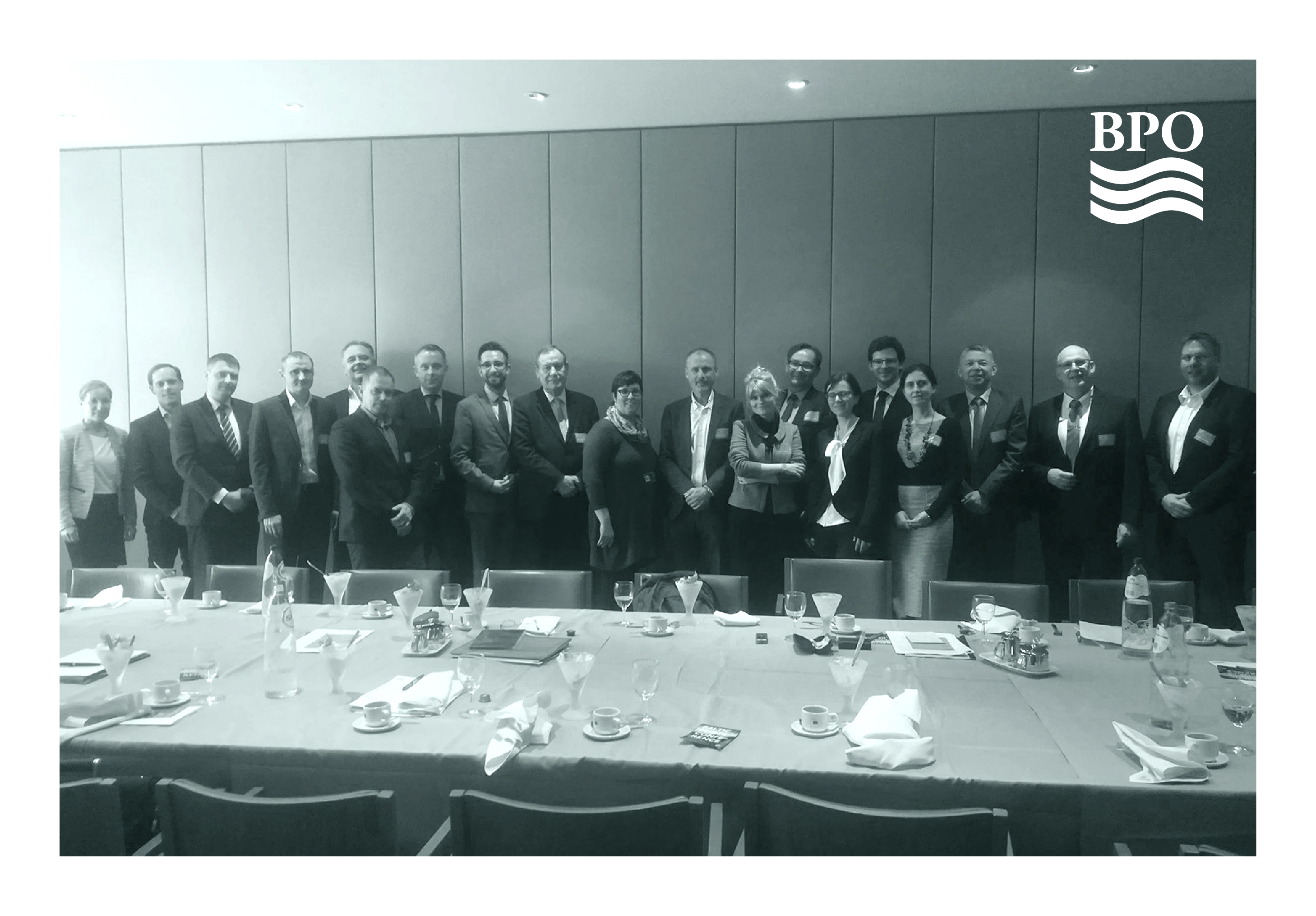BPO Lunch Debate in Brussels – investments in Baltic ports needed
On April 10th, 2018, the Baltic Ports Organization’s (BPO) Lunch Debate has been held at the seat of the European Parliament in Brussels, Belgium. During the event, hosted by Merja Kyllönen, Member of the Parliament, representatives of Baltic ports focused on presenting the recent developments in Baltic ports as well as their opinion on the future EU budget allocated for transport infrastructure.
As the date of the announcement of the future EU budget, in particular the funding available for projects stemming from the transport sector, draws closer, it becomes even more important to lend sufficient attention to the need for more balanced distribution of CEF II (set for 2021-2028) funds between different modes of transport.
Currently, railway projects enjoy a predominant amount of CEF funding being steered towards them. They received 73% (EUR 15,7 billion) of the total funding for the period between 2014-2016. In comparison, maritime transport received EUR 0.9 billion out of the available pool. It lays in best interest of everyone involved to see that a more balanced distribution of funds between the transport modes is necessary to guarantee the sustainability and complexity of the transport network in Europe.

This state is further emphasized by an ESPO study presented at the debate, according to which only 4% of all grants received through the CEF funding went to port authorities.(1) This is an alarmingly low figure and should be changed in CEF II.
Bogdan Ołdakowski, Secretary General of BPO, said:
“BPO calls for a more balanced distribution of EU money between different modes of transport in the future EU budget for transport infrastructure as recent experience showed high disproportion. EU grants for port projects were much lower compared to other modes of transport. The high amount of funding allocated primarily to railway projects can also be observed in the Baltic countries”.
Baltic ports are a ripe target for increased investments. The Baltic port market is developing very fast and the scale of this development exceeds other European ports. Last year the tempo of growth in container traffic in the Baltic kept increasing and reached 8.95% (versus 5.6% in 2016).(2) Compared to overall speed of growth in container turnover in Europe (2,14%)(3), the dynamic development can’t be denied. Sufficient and consequent support from the side of the EU is imperative to sustain the rapid pace at which the Baltic ports advance.
The EU recognizes the needs of the ports, especially the impact they have on fueling local economies. It expressed the wish to better understand this role, i.e. ports acting as doers and enablers for the companies existing within their area of influence. In order to accomplish this, port authorities need to clearly communicate their contributions to the EU bodies.
Merja Kyllönen, Member of the Parliament, commented:
“With regard to Baltic Ports, they should be presented and seen as hubs – lifelines of their regions and communities, because in fact, the ports have always been and continue to be the main factors or lifelines for the past and future success stories within their regions. There would not be import and export without ports. Whole industries are built around ports and ports breathe life to the regions and communities that are born because of workplaces that are created because and thanks to them”.
The full scope of BPO’s recommendations will be presented during the upcoming TEN-T Days in Ljubljana, Slovenia, held on 25-27 April, 2018.
(1) Source: Port Investment Study 2018, ESPO 2018
(2) Source: Record-breaking results of Top 10 Baltic container ports in 2017, Port Monitor 2018
(3) Source: Increases and decreases in the busiest container ports in Europe in 2017,
Port Monitor 2018
![Baltic Ports Organization]](/assets/template/img/bpo/logo.png)